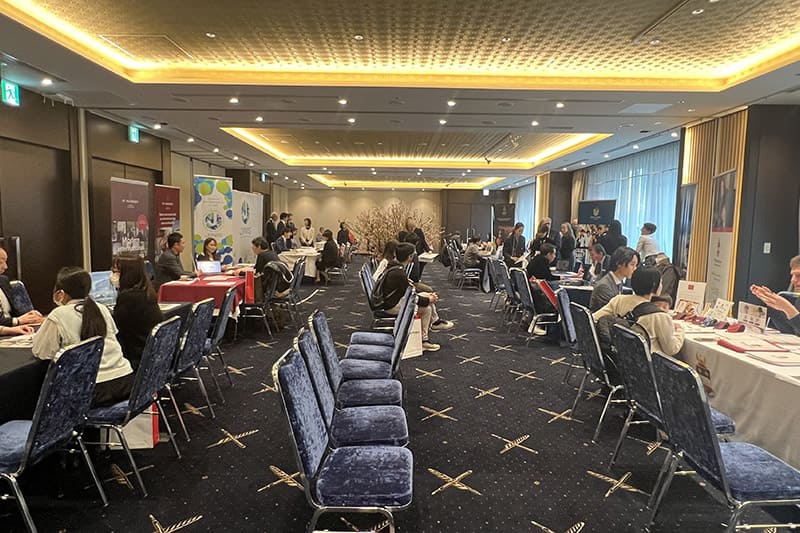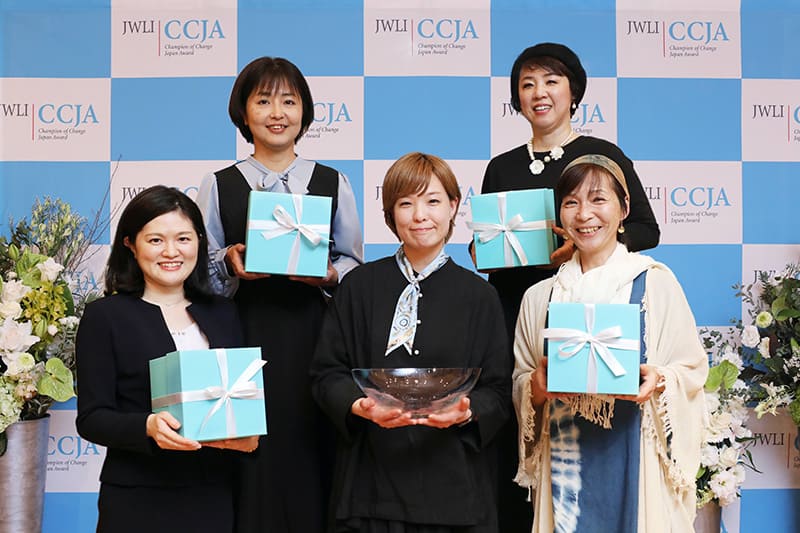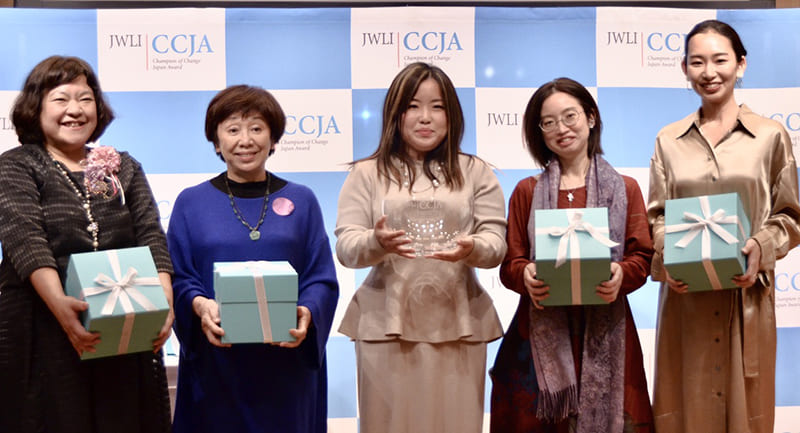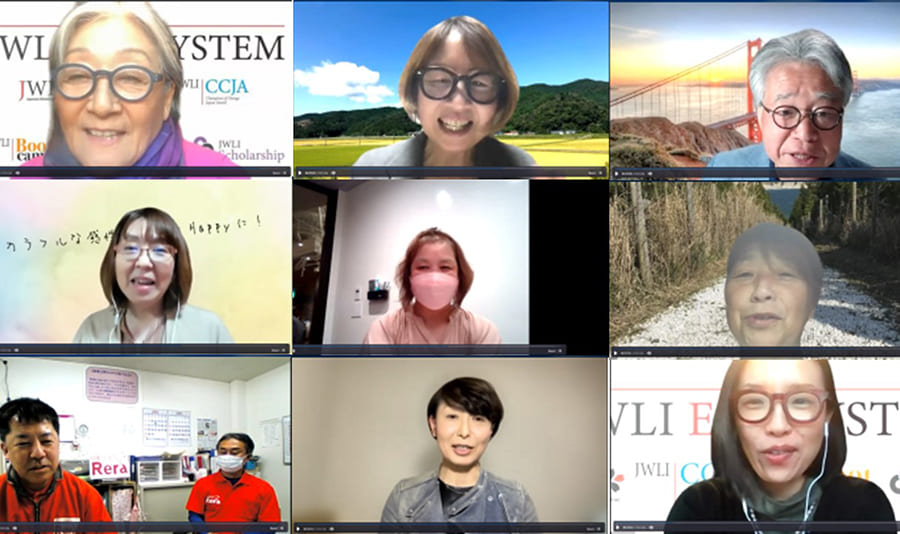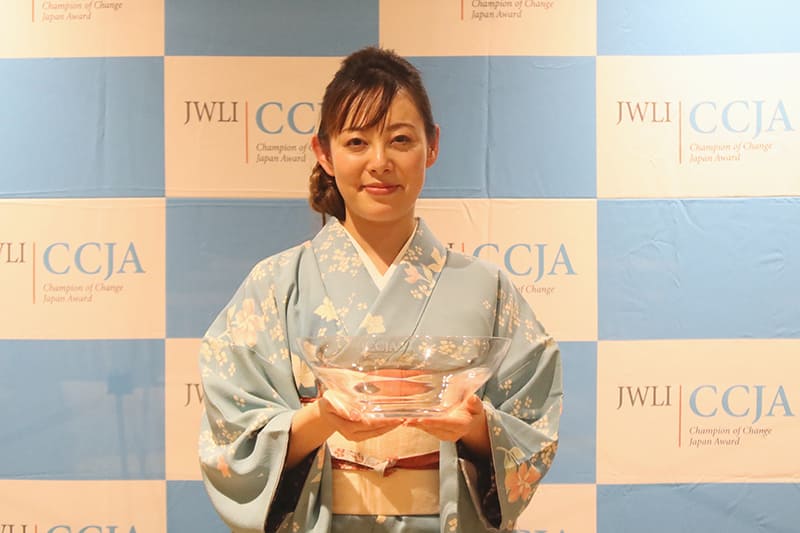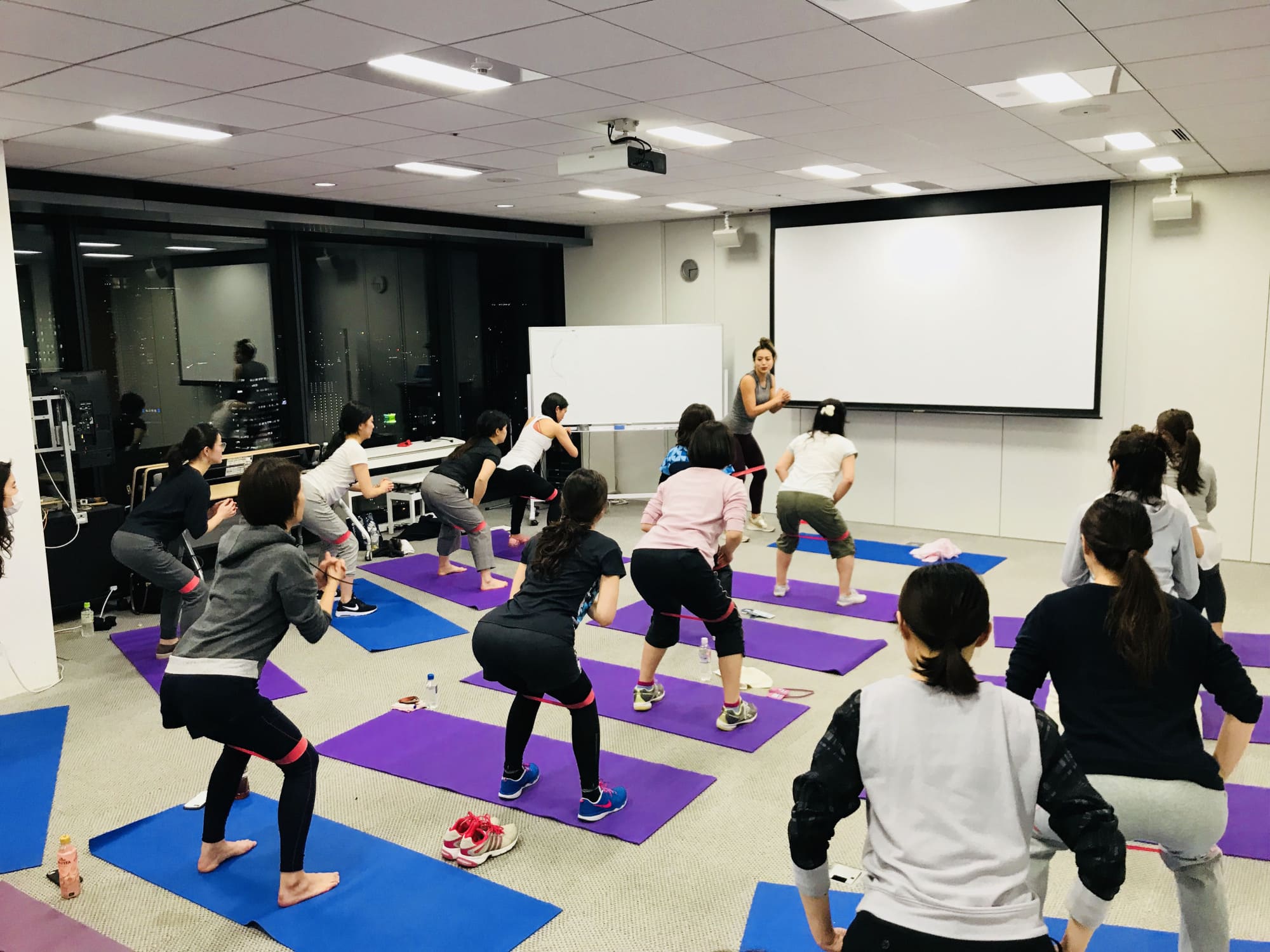January 24, 2022
CCJA winner’s nonprofit Pilcon seeks contraceptive freedom
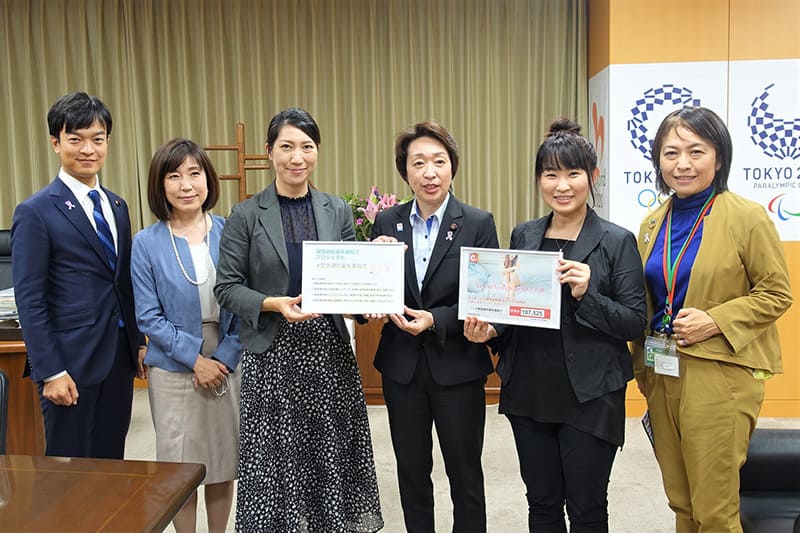
The number of abortions among women under age 20 in Japan was over 11,000 in 2020, according to the Ministry of Health, Labor and Welfare. The rate seems to be declining, but the fact that every day more than 30 young women endure the mental and physical suffering of abortion should not be neglected.
Asuka Someya, director of the nonprofit organization Pilcon, which is dedicated to addressing issues related to sexual and reproductive health and rights, was selected as one of the five winners of the Champion of Change Japan Award (CCJA) in 2020. CCJA was founded in 2017 by philanthropist Atsuko Toko Fish, who has been active in Japan and the U.S., to shed light on female leaders in Japan who address social issues and needs.
The origin of campus enlightenment activities led by Someya, who was a university student herself at the time, was her own experience of unexpected pregnancy. She knew little back then about sexual and reproductive health or Japan’s situation regarding women’s choices and rights.
She started to gather and share appropriate and up-to-date knowledge and information about contraception, aiming to prevent women and girls from unwanted pregnancy and suffering other sexual and reproductive health issues and to be aware of their rights.
The more she worked toward her goal, the more she realized that women would not be able to protect themselves unless they changed the systems that affect women’s health. She said there is a panel run by the Ministry of Health on a plan to grant over-the-counter access to emergency contraceptive pills, but “To begin with, the committee itself is only for discussing and clarifying what challenges may be brought about, not for making necessary decisions to actually legalize prescription-free morning-after pills.”
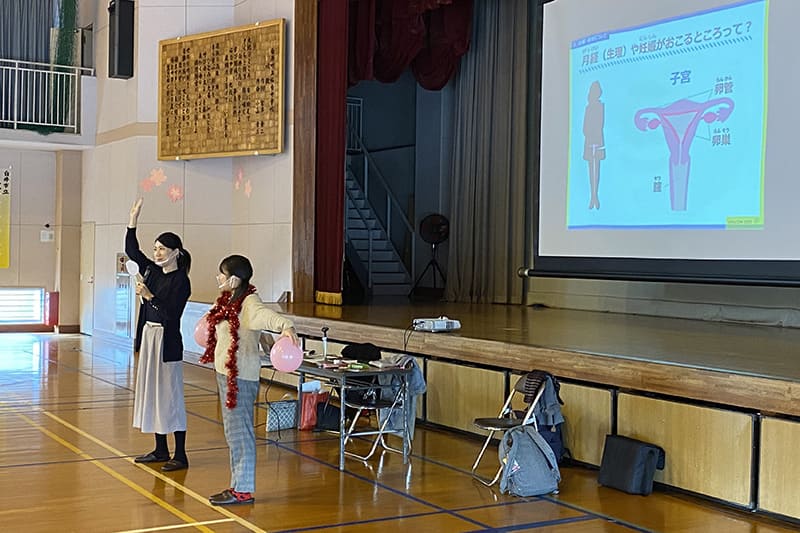
“In addition, members of the committee had consisted mainly of men in powerful positions in the government and representatives of academic medical societies that are also mostly men,” she said, pointing out that the opinions of women — who are supposed to be the central parties — had not been reflected. Someya stressed that women have the right to make their own decisions with as little mental and physical burden as possible without being criticized by anyone, and that health care professionals are there to support them, not control them.
Last year, Someya and two other activists who cooperate with her participated in the committee as specialists in the field, and submitted collected signatures and a request to expedite the process of making emergency contraceptive pills available without prescriptions. They also made intense lobbying efforts. “We received more reactions than we expected. For example, the word ‘emergency contraceptive pill’ made it into the Twitter trends,” Someya said. She noted that something that long was taboo is becoming more and more accepted and recognized as a subject for open discussion thanks to various new media, including social networking services.
What began as an on-campus activity that turned into a nonprofit organization in 2013 has grown into a vibrant group of more than 40 support members whom Someya calls “fellows.” In addition to the continuing advocacy to realize prescription-free emergency contraceptive pills, she and her fellows offer opportunities and tools for both youths and adults to gain sufficient knowledge about contraception.
While they mainly give lectures to junior and senior high school students, they also strive to reach out to adults, especially schoolteachers, to help them learn how they can teach youths about contraception more effectively. “Older generations received old, traditional style of sex education, so we need to update their knowledge as well,” Someya said. To this end, Pilcon is launching a new website, named Life Design Online, where teachers and other adults can deepen their understanding about sexual and reproductive health. They are also developing a handy kit the size of a lunchbox that contains small models, samples and a booklet to help explain what kind of contraception methods are available and how to use them. “We raised the funds to make 300 sets of this kit through crowdfunding, which we deliver to schools and drugstores wishing to use them for education and demonstration,” Someya said.
Beyond this, she stressed the importance of further efforts to change existing laws and policies related to women’s health. “Even if the education advances, the situation will not fully improve if access to emergency contraceptive pills is not ensured,” she said.

